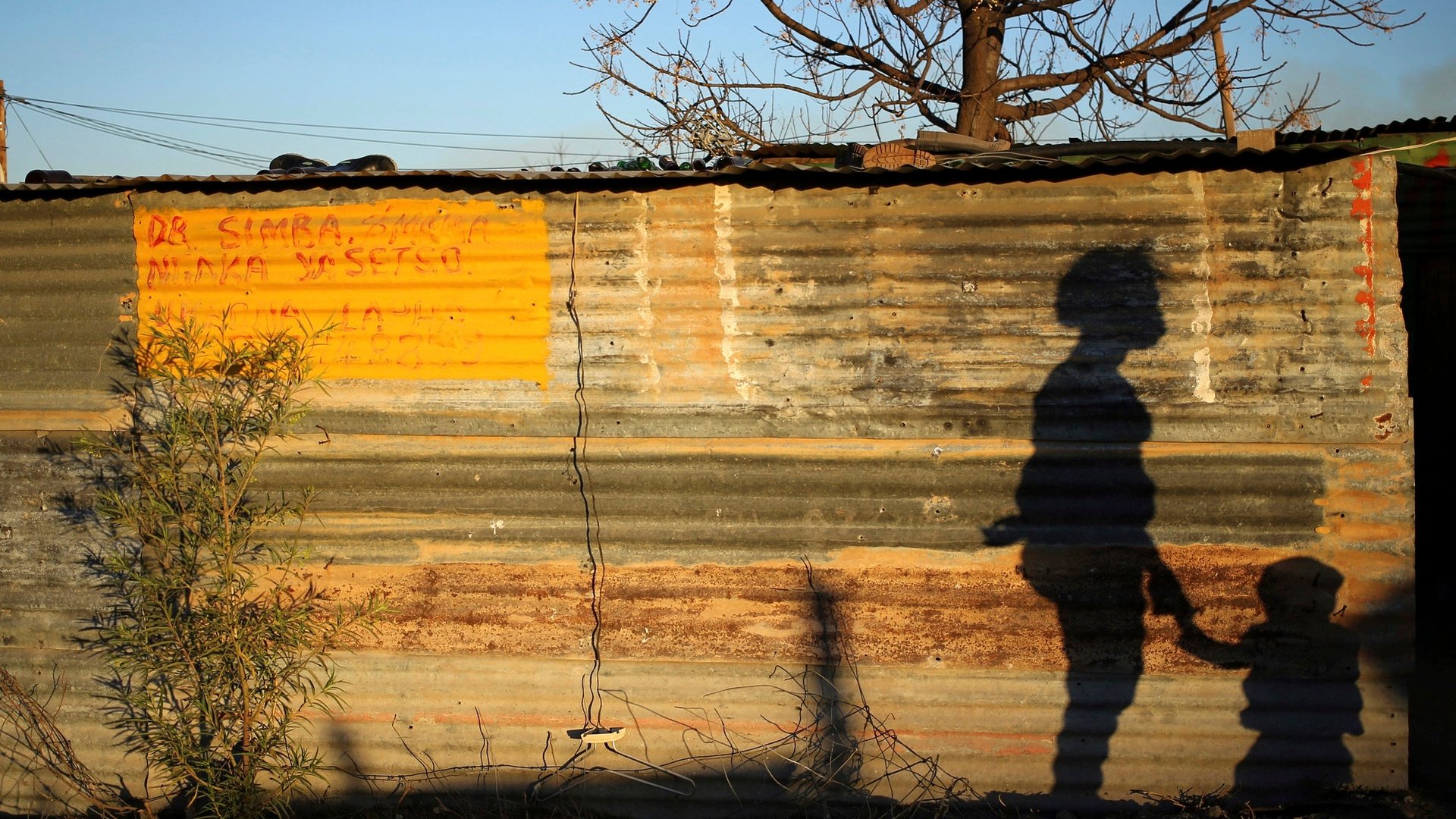These are the numbers you need to know on South Africa’s welfare corruption scandal
Millions of South Africans rely on the safety net provided by South Africa’s social welfare service, from children to war veterans.


Millions of South Africans rely on the safety net provided by South Africa’s social welfare service, from children to war veterans.
That system has now been thrown into deep crisis over a dodgy contract. The Department of Social Development is accused of mismanaging a contract with service provider Cash Payments Services to the point of impending national disaster.
To make matters worse, CPS —a subsidiary of US fintech firm Net 1 — is accused of exploiting the data of grant beneficiaries and cashing in at the expense of South Africa’s most vulnerable citizens. Net 1’s shareholders have also been dragged into the scandal, as have their business associates, among them the man behind luxury brands Carter and Montblanc.
It has been a complex and continuing saga in South Africa. Here are the numbers that show how South Africa’s safety net unraveled into a shameful disgrace:
31 March—The expiry date of the contract between the government and CPS, which would have left millions of South Africans destitute.
12 months—The Constitutional Court was forced to extend the already questionable contract for this period and no longer in a Mar. 17 ruling because there was no viable alternative to aid South Africa’s poor.
Two years—That is at least how long the department has known it was meant to find a new service provider after a court ruled that the original contract with CPS was irregular. The department allegedly ignored the looming deadline and other potential bidders.
An opposition politician in parliament accused president Jacob Zuma of ignoring the impending crisis because CPS is allegedly bankrolling Nkosazana Dlamini-Zuma’s bid to succeed him. Zuma laughed the allegations off. It gets murkier: the minister of the social development, Bathabile Dlamini, is also head of the ruling African National Congress’ women’s league, who came out early to endorse Dlamini-Zuma even before she has announced any plans to run.
4.56 billion rand (over $356 million) —The service fee CPS would have made after the company and the government department decided to renew their contract anyway a few weeks ago, despite the controversy. The constitutional court ruling stopped them.
17 million—the number of South Africans enrolled in the CPS payment system. In a country of 50 million people, that’s nearly a third of the population. CPS issues each recipient with a card and all the recipients are processed through one bank, Grindrod Bank. The bank is part of a holdings company that normally focuses on shipping and one of South Africa’s wealthiest men, Johann Rupert, is a major shareholder. Worth $6.2 billion, Rupert is chairman of the Swiss luxury goods group Richemont, known for their Montblanc, Van Cleef & Arpels and Cartier brands.
140 billion rand — (nearly $11 billion) the amount of money CPS is responsible for distributing every month.
550 million rand — the monthly automatic cash debits taken from welfare recipients’ accounts for loans and insurances. Most of these payments are made back to Net 1, according to investigation by the South African investigative unit amaBhungane. Net 1 is accused of illegally mining the data of grant beneficiaries to sell loans and other products back to beneficiaries to grant recipients — loans which were backed by their very state-issued welfare grants.
Zero — the number of people so far who have been fired over this scandal.